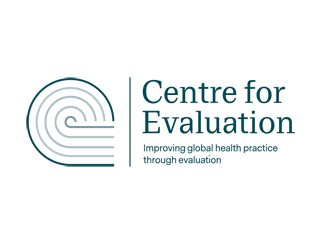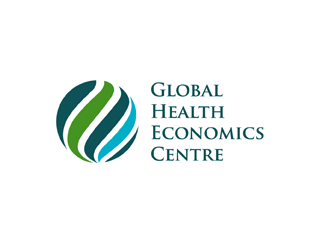Centres, groups and projects
Centres, groups and projects
With research grant income of more than £180 million per year, LSHTM is home to a large number of exciting and impactful research activities. We have a global presence with staff conducting research in more than 100 countries and we are deeply committed to working in collaboration with external partners. We are also home to four designated World Health Organization Collaborating Centres.
Featured research
Explore all Centres, groups and projects
M
Computable General Equilibrium (CGE) modelling of health, health policy or broader policy with implications for health
Violence, mental health, biological changes to the immune system and HIV risk: a three-year mixed-method, longitudinal study with 1000 women in Nairobi, Kenya
The Malaria Reference Laboratory (MRL) provides laboratory reference and diagnostic parasitology of malaria, and surveillance data on all imported malaria reported in the UK.
MEIRU, formerly known as Karonga Prevention Study (KPS), has been making major research contributions to the understanding and control of long-term conditions, including HIV/AIDS, cardiovascular disease, diabetes and common mental health conditions in rural Karonga and urban Lilongwe, to complement its continuing research on infectious diseases.
The Maternal Health Group in the Department of Infectious Diseases and Epidemiolgy was created in 1989 and expanded in 2015 to include the Newborn Health and Stillbirth Team at LSHTM.
We conduct multidisciplinary research on the role of the private and public health sectors in delivering maternal and reproductive health care.
To better understand the mortality burden of antimicrobial resistance in low and middle income countries in sub-Saharan Africa.
Staff and research degree students in Department of Global Health and Development conducting interdisciplinary social science research to strengthen the health, wellbeing and voice of people affected by humanitarian crises.
Evaluating the impact of a multi-component menstrual health intervention in Ugandan secondary schools on girls’ education, health, and wellbeing.
We are an interdisciplinary group seeking to support collaborative research on Mental Health and Psychosocial Support (MHPSS) Research Network and its dissemination at LSHTM and partners.
Our research aims to develop new guidance for systematic reviewers when making a decision about whether or not to use a meta-analytical approach to the synthesis of quantitative evidence, with a particular emphasis on the synthesis of studies of complex interventions.
MaPs in ENL is the largest international multicentre randomised clinical trial on ENL treatment ever to be conducted in six leprosy referral centres in five countries.
A research collaboration addressing pressing issues facing health systems globally and at a national level in South Africa – the impacts of and response to migration and its intersection with gender.
This site exists to support researchers from the social and medical sciences with the analysis of incomplete datasets, and as a focus of statistical research in this area.
MONKEYBAR is a project seeking to identify risk factors and control strategies for Plasmodium knowlesi, a zoonotic malaria carried by macaques.
Collaborating with international research partners to improve health in low and middle-income countries.
The International Statistics and Epidemiology Partnership aims to define and implement a sustainable strategy to expand capacity in applied medical statistics in sub-Saharan Africa.
Evaluating the impact of the MTV Shuga mass media campaign. Centred around a TV drama, the campaign is designed to improve the sexual health of young people.
MITU’s mission is to contribute to improving health through the development and evaluation of interventions against HIV and other health problems.


